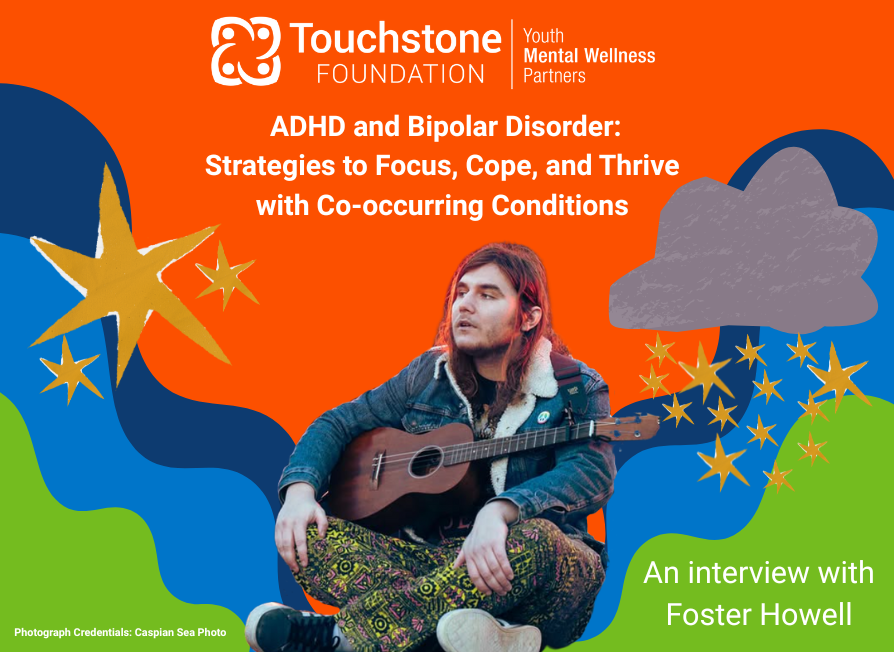 Many Medicaid beneficiaries suffer from multiple or severe chronic health conditions. The Patient Protection and Affordable Care Act (ACA) health reform, enacted on March 23, 2010, provides states with new Medicaid options for enrollees including long-term and community-centered support with access to a variety physical and behavioral health services. Providers integrate, coordinate and promote care to treat the whole person across all acute health conditions.
Many Medicaid beneficiaries suffer from multiple or severe chronic health conditions. The Patient Protection and Affordable Care Act (ACA) health reform, enacted on March 23, 2010, provides states with new Medicaid options for enrollees including long-term and community-centered support with access to a variety physical and behavioral health services. Providers integrate, coordinate and promote care to treat the whole person across all acute health conditions.
“States have flexibility to determine eligible health providers,” reports Medicaid.gov. Health home providers can be:
- A designated provider: May be a physician, clinical/group practice, rural health clinic, community health center, community mental health center, home health agency, pediatrician, OB/GYN, or other provider
- A team of health professionals: May include physicians, nurse care coordinators, nutritionists, social workers, behavioral health professionals, and can be free-standing, virtual, hospital-based, or a community mental health center
- A health team: Must include medical specialists, nurses, pharmacists, nutritionists, dieticians, social workers, behavioral health providers, chiropractors, licensed complementary and alternative practitioners
Eligibility requirements for Medicaid beneficiaries include:
- Those with at least two chronic conditions — mental health, substance abuse, asthma, diabetes, heart disease, obesity
- Those with one chronic condition and secondary risk
- Those with one “serious and persistent” mental health condition
For additional information, please visit www.medicaid.gov. Interested in learning more about Lancaster Osteopathic Health Foundation’s compassionate and holistic approach to health care, including our latest digital tool designed to link primary health physicians and behavioral health specialists? Contact us today!




